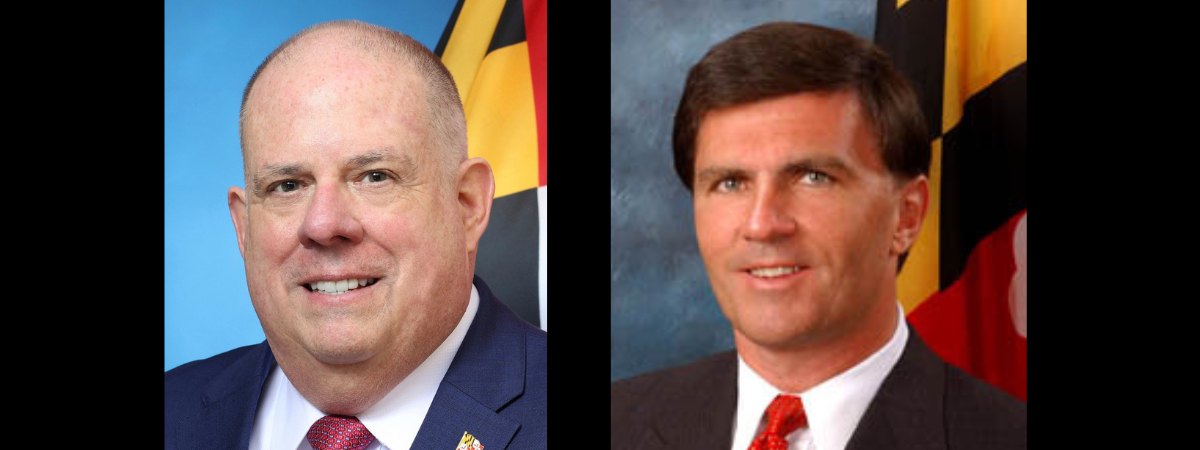Election Officials Warn of Misinformation: Bad Actors and Trickery

Election experts are concerned that partisanship and a lack of faith in elections could be a problem this November, mainly due to the public’s susceptibility to misinformation.
Some are particularly wary that information warfare could happen in the final days before the election, when people can take in false information but there’s not enough time left to set the record straight.
“Elections tend to be a tinderbox,” said Dan Avondoglio, an expert from the Cybersecurity and Infrastructure Security Agency of the federal government, also known as CISA. There are, he said, “opportunities to influence at the last minute.”
With less than a month to go to national elections, experts gathered recently near the University of Maryland campus to talk about those worries, along with the National Consortium for the Study of Terrorism and Responses to Terrorism, a university-based research and education center.
The shared consensus was one of concern. It’s getting harder to run elections, officials said, and the costs are rising. It’s easier than ever to spread false information and more difficult to counter it. Complicating all of it is the new and unpredictable role that artificial intelligence will play.
Driving the costs are the expenses of training polling workers, the cost of auditing and the cost of protecting databases from cyberattacks, said Ben Hovland, who serves on the U.S. Election Assistance Commission.
“We are looking at an all-hands approach when it comes to this election,” Hovland said. And when it comes to polling locations, “those are even softer targets.”
In the areas where the election is particularly tight, states and counties are under a microscope, and could be an active target for bad actors, Hovland explained.
Cody Buntain, an assistant professor who studies misinformation and disinformation, said artificial intelligence should be a top concern. It’s the nature of social media to create filter bubbles and echo chambers, he said, limiting people’s exposure to content they disagree with.
Because of that, he said, artificial intelligence has the power to “rapidly generate content that pushes on people’s existing beliefs.”
Professor Doug Lombardi said the attack strategy of the 2016 presidential cycle has evolved and become more effective.
Similar to the Russian propaganda of that era, he said, today’s actors are involved in “efforts to push on social ills and social fractures.”
The solution is helping people think critically, Lombardi said, which means making decisions that help increase people’s agency and help fight confirmation biases.
Amy Pate, director of the START program, argues that in today’s environment, misinformation has become not only cheap and effective but also difficult to correct.
Pate said most people used to vote without consideration of how the vote gets counted. Now, she said, people need to know how it works in order to feel confident in the outcome of the election.
Still, the consortium’s message is not all gloom and doom. The more skeptical and aware people become about election misinformation, officials said, the more capacity they’ll have to resist it.
With more people aware of the election certification process, Pate said, “heightened awareness helps build some resilience.”
Capital News Service is a student-powered news organization run by the University of Maryland Philip Merrill College of Journalism. For 26 years, they have provided deeply reported, award-winning coverage of issues of import to Marylanders.
Common Sense for the Eastern Shore







